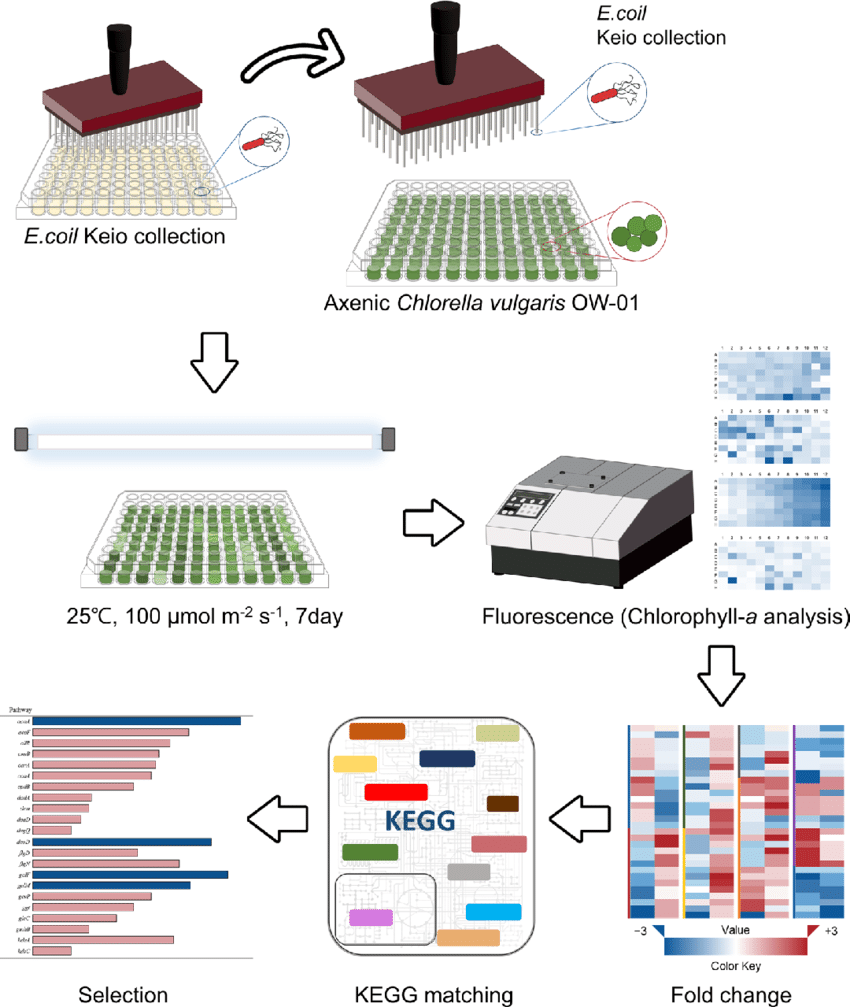In the evolving landscape of pharmaceutical research, live-cell assays are revolutionizing how scientists assess the efficacy, selectivity, and toxicity of therapeutic compounds. At Electro-Molecular Discovery (EMD Bio), our advanced electro-molecular systems offer cutting-edge platforms for tracking compound-target engagement, protein degradation, and cellular signal transduction in real time—enabling actionable insights for high-throughput dr ug screening.
What Are Live-Cell Assays ?
Live-cell assays are dynamic experimental systems that measure biological activity in living cells, allowing researchers to visualize how drugs interact with targets in their native cellular context. These assays overcome the limitations of endpoint methods by delivering continuous, kinetic data and supporting mechanism-of-action (MOA) investigations.
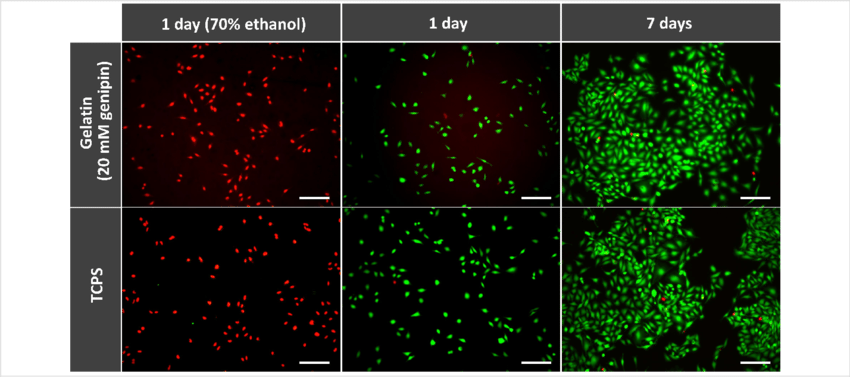
Applications in Dr ug Discovery
- Compound-Target Engagement
Our live-cell biosensors allow visualization of drug binding and off-target activity in real time. Technologies such as BRET, FRET, and NanoBiT are integrated into our platforms to monitor molecular interactions with high sensitivity.
Read : here
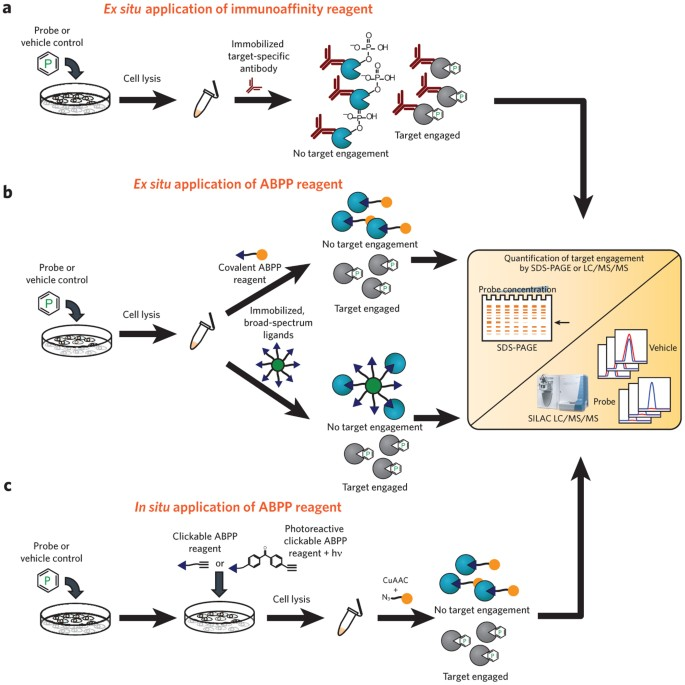
- Protein Degradation (PROTAC Assays)
Track ubiquitin-proteasome-mediated degradation using tagged fusion constructs and time-resolved fluorescence systems. Our kits are ideal for screening PROTACs, molecular glues, and targeted degradation agents.
Explore : here
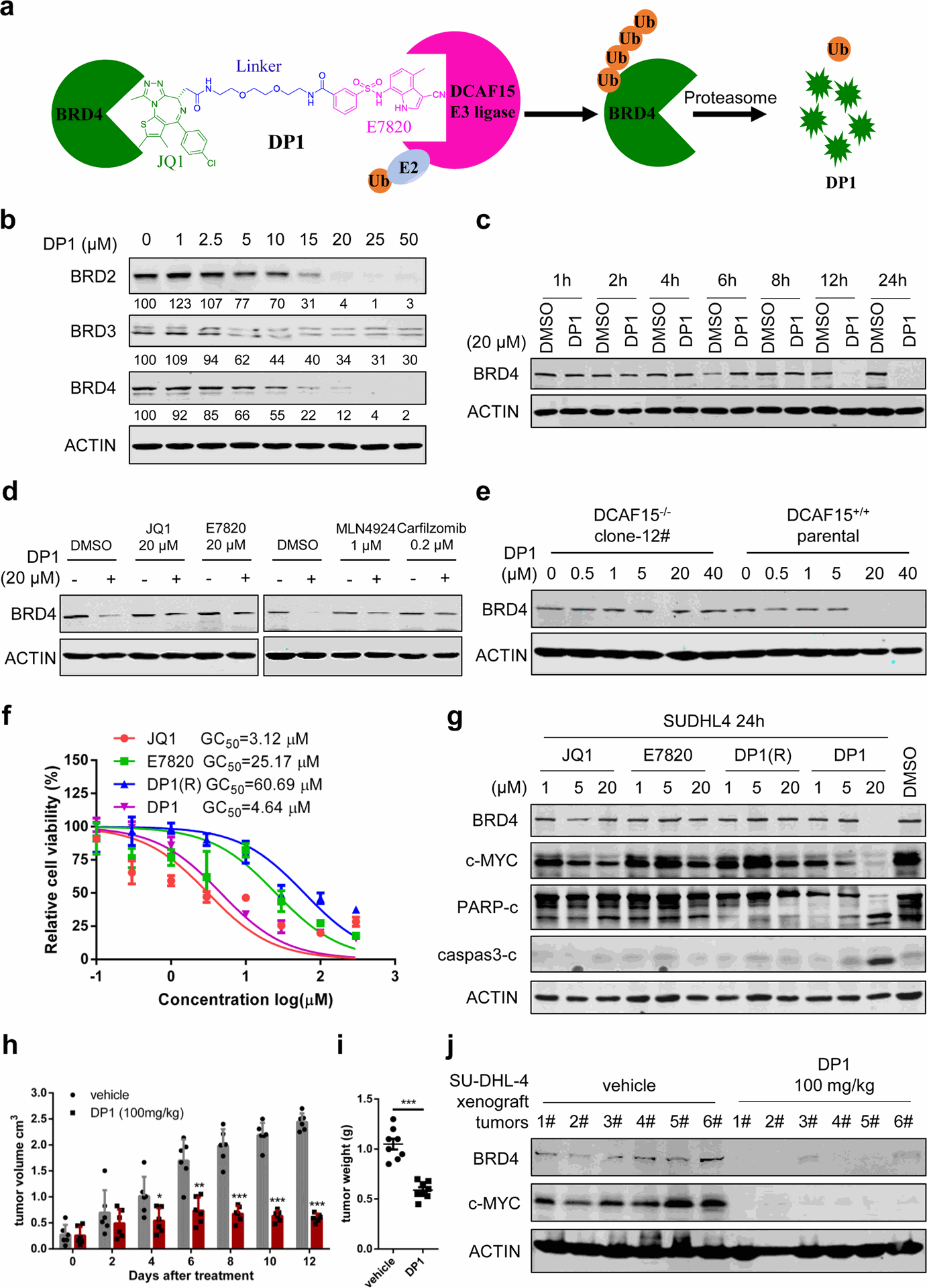
- Signal Transduction Monitoring
Quantify real-time changes in intracellular signaling—cAMP, Ca2+, MAPK, NF-kB—with our electro-sensitive and fluorescent biosensors. Applications include GPCR studies, kinase inhibitor profiling, and immune checkpoint analysis.
Read : here
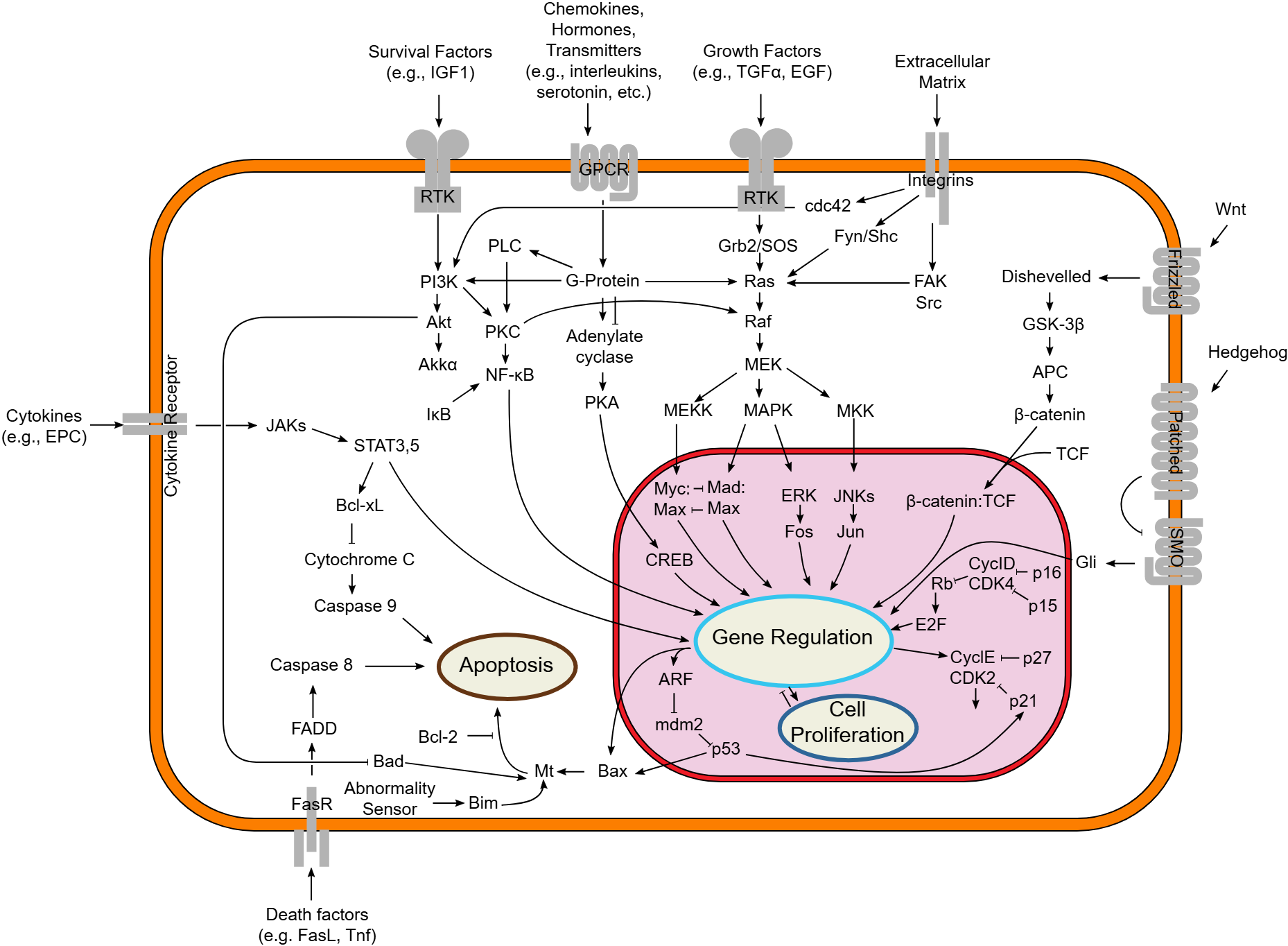
- High-Throughput Screening (HTS)
Our systems are optimized for 96-well, 384-well, and 1536-well formats, integrating automation compatibility and robust assay performance for industrial drug pipelines.
Read : here
